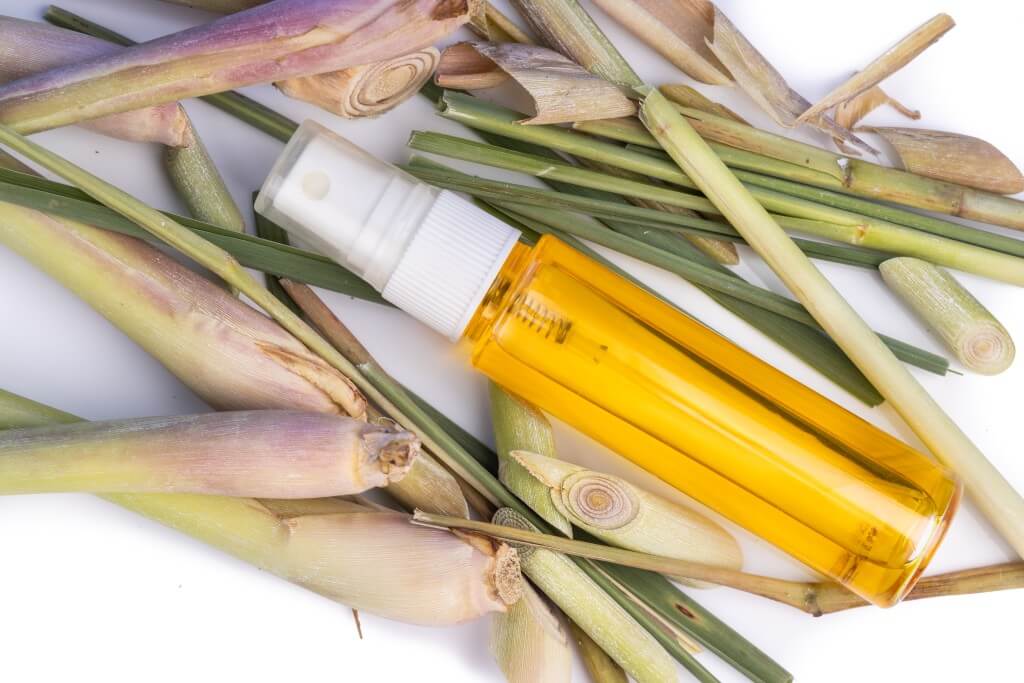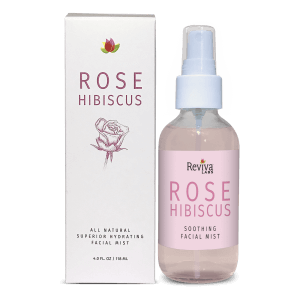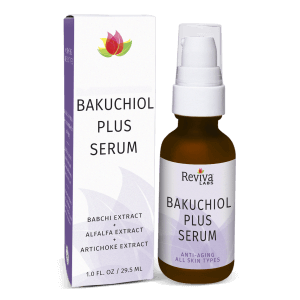Ingredients, Natural, Skin Care
The Special Properties of Lemongrass Oil for Skincare
Lemongrass oil, extracted from the leaves and stalks of the lemongrass plant (Cymbopogon citratus), is celebrated not only for its fresh, citrusy aroma but also for its unique benefits in skincare. Its popularity in natural and holistic beauty routines has surged due to its versatile properties that cater to various skin concerns. Understanding the special properties of lemongrass oil can help integrate this powerful essential oil into skincare routines more effectively.
Antimicrobial and Antibacterial Properties
One of the standout features of lemongrass oil is its potent antimicrobial and antibacterial properties. These qualities make it an excellent natural remedy for combating acne and other skin infections. The oil contains compounds like citral and limonene, which are known for their ability to inhibit the growth of bacteria and fungi on the skin. This is particularly beneficial for individuals struggling with acne-prone skin, as these properties help in reducing breakouts and preventing new ones from forming.
The antibacterial nature of lemongrass oil doesn’t just stop at acne. It’s also effective in treating minor wounds, cuts, and scrapes by keeping the affected area clean and promoting faster healing. Incorporating lemongrass oil into a daily skincare regimen can thus offer a protective barrier against potential infections, making it a valuable asset for maintaining healthy skin.
Astringent Qualities for Toning and Firming
Lemongrass oil is also known for its astringent properties, which are incredibly beneficial for toning the skin. Astringents are substances that cause the contraction of skin cells and other body tissues, leading to tighter, firmer skin. This is particularly useful for individuals looking to reduce the appearance of large pores or seeking a more toned complexion.
The toning effect of lemongrass oil helps in refining the skin’s texture, giving it a smoother and more even appearance. This property is especially advantageous for those with oily skin, as it can help balance oil production and minimize the greasy sheen that often accompanies this skin type. By tightening the skin and reducing excess oil, lemongrass oil can contribute to a clearer, more balanced complexion.
Anti-Inflammatory and Soothing Benefits
Inflammation is a common issue that can manifest in various skin conditions, including acne, eczema, and rosacea. Lemongrass oil possesses significant anti-inflammatory properties, making it a soothing agent for irritated or inflamed skin. The oil’s ability to reduce redness and swelling can provide relief for those dealing with sensitive skin conditions, offering a natural alternative to harsher chemical treatments.

The anti-inflammatory effects of lemongrass oil are largely attributed to its high concentration of compounds like citral and geraniol. These components work to calm the skin, reducing irritation and promoting a more even tone. Regular use of lemongrass oil in skincare can help manage chronic inflammatory conditions, leading to healthier and more resilient skin.
Antioxidant Protection Against Environmental Stressors
In addition to its antimicrobial and anti-inflammatory properties, lemongrass oil is rich in antioxidants, which are crucial for protecting the skin against environmental stressors. Antioxidants work by neutralizing free radicals—unstable molecules that can cause damage to skin cells, leading to premature aging and other skin concerns. Lemongrass oil’s antioxidant content helps in safeguarding the skin from the harmful effects of pollution, UV rays, and other environmental factors.
The protective barrier formed by these antioxidants not only prevents damage but also aids in the skin’s natural repair processes. This can result in a reduction in the appearance of fine lines, wrinkles, and other signs of aging. By incorporating lemongrass oil into a skincare routine, individuals can enhance their skin’s defense mechanisms, leading to a more youthful and vibrant complexion.
Enhancing Circulation for a Healthy Glow
Lemongrass oil is also known to stimulate blood circulation when applied topically, which can have several positive effects on the skin. Improved circulation means that more oxygen and nutrients are delivered to the skin cells, promoting cell regeneration and contributing to a healthy, radiant glow. This increased blood flow also aids in the detoxification process, helping to flush out toxins that can contribute to dull, tired-looking skin.
The invigorating properties of lemongrass oil make it an excellent choice for massage and other treatments aimed at revitalizing the skin. By boosting circulation, lemongrass oil not only enhances the skin’s appearance but also supports its overall health and vitality.
Natural Fragrance and Aromatherapy Benefits
While the physical benefits of lemongrass oil are well-documented, its use in aromatherapy also plays a significant role in skincare. The refreshing and uplifting scent of lemongrass oil can help alleviate stress and anxiety, both of which can have a direct impact on skin health. Stress is a known trigger for various skin issues, including acne, eczema, and psoriasis. By incorporating lemongrass oil into skincare routines, individuals can enjoy the dual benefits of physical skin improvement and mental well-being.
The calming effects of lemongrass oil in aromatherapy can help create a more relaxing skincare routine, which is essential for promoting overall skin health. A calm and stress-free environment allows the skin to repair and regenerate more effectively, leading to a clearer and more balanced complexion.
Statistic: The Growing Popularity of Essential Oils in Skincare
The use of essential oils like lemongrass in skincare is becoming increasingly popular. According to a report by Grand View Research, the global essential oils market size was valued at USD 18.6 billion in 2020 and is expected to expand at a compound annual growth rate (CAGR) of 7.4% from 2021 to 2028. This growing trend reflects a broader shift towards natural and holistic skincare solutions, with lemongrass oil being a key player in this movement.

Incorporating Lemongrass Oil into Skincare Routines
To fully benefit from lemongrass oil, it’s essential to know how to incorporate it safely into skincare routines. Due to its potency, lemongrass oil should always be diluted with a carrier oil, such as jojoba or coconut oil, before application to the skin. This not only reduces the risk of irritation but also enhances the oil’s absorption, allowing its beneficial properties to penetrate deeper into the skin.
Lemongrass oil can be added to moisturizers, serums, or masks for a revitalizing boost. It can also be used in steam facials to open up the pores and allow its antibacterial properties to cleanse the skin thoroughly. For those dealing with acne or oily skin, applying diluted lemongrass oil as a spot treatment can help reduce inflammation and prevent future breakouts.
Conclusion
Lemongrass oil offers a wide range of benefits that make it a valuable addition to any skincare routine. From its antimicrobial and astringent properties to its ability to enhance circulation and provide antioxidant protection, this essential oil is a powerful tool for achieving and maintaining healthy, glowing skin. As the demand for natural skincare solutions continues to rise, lemongrass oil stands out as an effective and versatile option for those seeking to improve their skin’s overall health and appearance.










